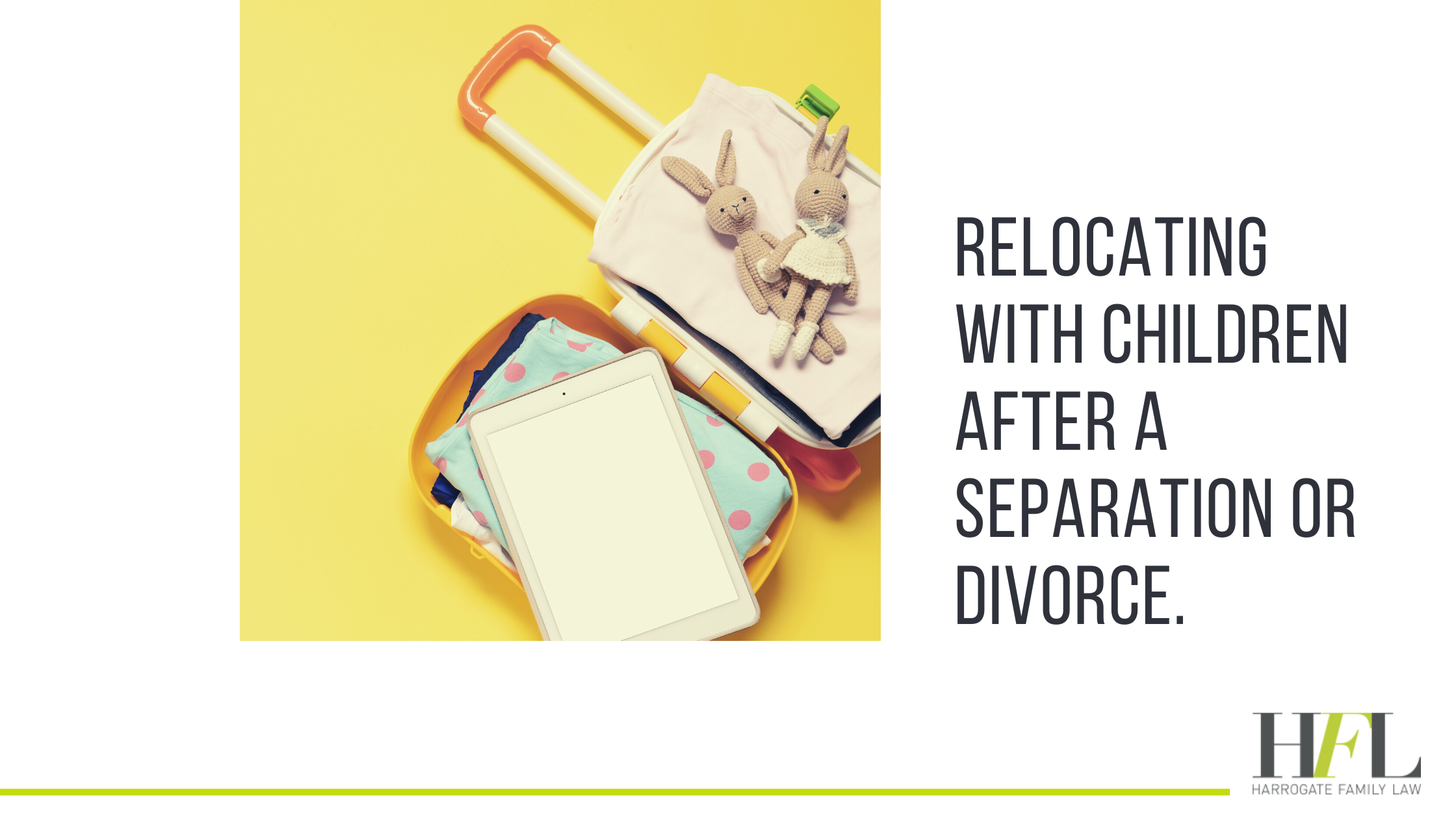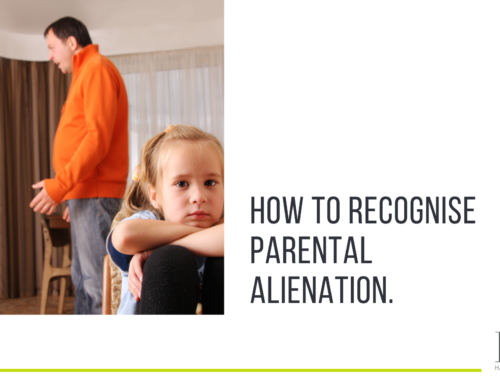Following a divorce or separation, it’s not unusual to look ahead to a fresh start and new beginnings. For some people, this can lead to the consideration of relocating to another city, or even abroad to another country.
But what does the law say about this? If this is something you’re considering, here are some key factors to take into account. Bear in mind that this blog is for information purposes only, and it’s very important that you seek expert legal advice before taking any action or making any firm decisions. Our team is always happy to help.
Relocating within England and Wales
Any major changes to the children’s living arrangements and education should be discussed with the other parent. This is likely to be a major change for the children to cope with, and will impact on their time with their other parent.
Although technically you don’t need the permission of the court to move with the children, if you cannot agree the arrangements with the other parent, they may seek an order stopping you moving at the eleventh hour. Ultimately, it’s always better to reach an agreement, or to have the move sanctioned by the court.
Relocating abroad
If you have a Child Arrangements Order in place stating that the children live with you, you can take them on holiday abroad for up to a month. However, if you don’t have an order, and you want to relocate abroad or travel for a longer period, you will need the consent of their other parent.
Having open and honest conversations with the other parent about your plans, where possible, is always the first step when it comes to relocation. Try to put yourself in their shoes, and think about the questions you might have if you were them. When will they be able to see the children? Where will the children go to school? Where will they be living? How will the children travel back and forth and how will this be paid for? How regular are the flights you’ll need to take?
Being able to address these issues and provide answers is crucial, and having a plan detailing your move and what it looks like can help to alleviate any fears or worries the other parent may have.
What if the move is opposed?
In this situation, you will need to seek the court’s permission before you move, and this means applying to the court for something known as a Specific Issue Order. As well as decisions around relocation, a Specific Issue Order can cover any number of things, including whether a child should attend a particular school, a change of name, or decisions about a child’s medical treatment.
The parent opposing the move can also apply to the court for a Prohibited Steps Order to prevent the relocation from happening.
If a proposed move is opposed by the other parent, you could be committing a criminal offence by moving without their permission, or the permission of the court. Be sure to seek legal advice and make the necessary applications.
What will the court take into consideration?
In relocation applications (also known as leave to remove cases), the number one thing the courts will take into account is the child’s welfare. You should come prepared with a thorough, detailed plan for your move abroad, particularly your intentions for housing and schooling, and show that the proposed move is in the best interests of the child.
Your plan will also need to (if relevant and appropriate) contain information about how your child will maintain a meaningful relationship with the parent staying behind, and how that contact will be facilitated.
When deciding such cases, the court may also give consideration to the factors set out in s.1(3) of the Children Act 1989. This is known as the ‘welfare checklist’ and includes:
- The child’s feelings and wishes (in these circumstances around their relocation)
- Any physical, developmental or emotional needs
- How the proposed relocation could affect your child
- Age, sex, background and any other traits or characteristics the courts find relevant
- Any harm suffered or any risk of suffering
- The capability of the parents and/or guardians
If you’re considering a relocation with your children, or if you’ve received notice of an application for your children to relocate, expert legal advice is paramount. Our friendly and knowledgeable team is here to advise you.
Call us on 01423 594 680 or contact us here to arrange a consultation. We’ll be happy to help






